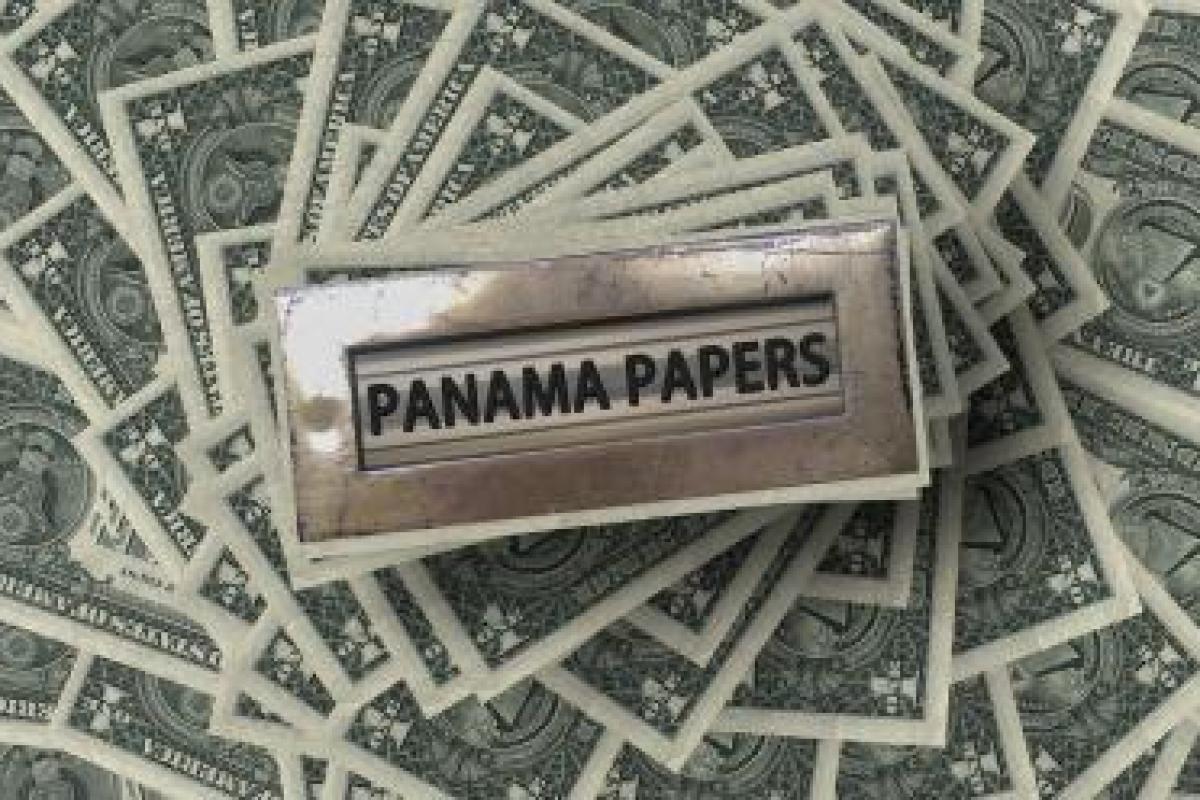The economist John Maynard Keynes said, “When the facts change, I change my mind. What do you do, sir?” Brands are the antidote to that. After the emissions-rigging scandal, many people predicted the demise of Volkswagen. I saw it differently. Brands are a shortcut to a view. In psychology terms, a brand is a heuristic – a ready-made shortcut which saves you the brain-ache of having to think about things and weigh up options every time. For the many relatively trivial decisions we all make every day, like where to stop for coffee, or what brand to pick up off the shelf, it’s quicker and easier to act on the views we already have than to consider new information and form new views.
We have heuristics in so many areas of our lives that we hardly realise we’re using them. This can extend to important decisions, like choosing a car that won’t crash of its own accord. How quickly we have forgotten other major automotive blunders. Toyota has a stunning list of recalls covering millions of cars and multi-million dollar fines, but they’re still the world’s biggest car manufacturer.
Well-managed brands protect businesses against mistakes, because a one-off bad experience from a good brand will be seen as the exception not the rule. This is the power of brands. People aren’t stupid and these problems do cause temporary setbacks – VW briefly overtook Toyota as world number one, until its own crisis hit. We’re not stupid, just busy and forgetful. Brand perceptions can change, but it happens slowly, and only with consistent reinforcement of the change – both from messaging and from experience.
Our fundamental beliefs and feelings about established brands are resistant to change. We cherry-pick information, seizing on that which confirms what we “know”, and ignoring the things that don’t fit. We’re seeing it now with the revelations from the Panama papers. The stand-out fact in terms of media scrutiny and popular interest is nothing to do with billionaire despots and secret fortunes. It’s the news that the Prime Minister’s mother gave him a gift of £200,000. Amid the frenzied speculation about whether this was legal tax avoidance, morally dubious, or whatever, this has been reported with delight because this one fact confirms what many people already believe about David Cameron. That he is a privileged toff, the thing which defines him for many voters.
It’s not about the money. Well it is about the money, but it’s because it’s his money. The Sunday Times Music Rich List says Adele is worth £85m. She, however, is a wonderful Tottenham girl who done good. Her fortune is considerably larger than Cameron’s but no one seems to mind, presumably because they believe she’s earned it fairly and he hasn’t. Likewise footballers, many of whom operate complex trust systems through which they manage their multi-million-pound salaries and minimise tax, never feature in the so-called 1% who need to pay their fair share of taxes. (Jermaine Jenas believes this so completely that he suggested on Any Questions that people should pay more tax, to great audience applause, despite his own involvement in dubious tax-avoidance schemes.) Like Adele, footballers mostly come from working class backgrounds and have the right talent. You’ll recall that heart-warming story last winter when squatters occupied an empty building in the middle of Manchester, owned by Ryan Giggs and Gary Neville. They postponed its redevelopment into a hotel until the spring so the homeless squatters could spend the winter there. Second home owners are frowned upon but no one batted an eyelid at Giggs et al owning that place.
We have a conflicted attitude to money, especially in the form of property, which is money that everyone else can admire, and which keeps on growing. We can’t make sense of how we feel about it. Instead we fall back on what we already feel about the people who have it. Working class singers and footballers, good. Etonians, bad.
My advice to Cameron, therefore, is make a virtue out of what you are – or what we believe you to be. You haven’t got time for repositioning. Besides, across the Atlantic, it seems to be a winning formula.
Read more from Fiona McAnena here.
The Panama papers show the enduring power of brands
The Panama papers show the enduring power of brands
